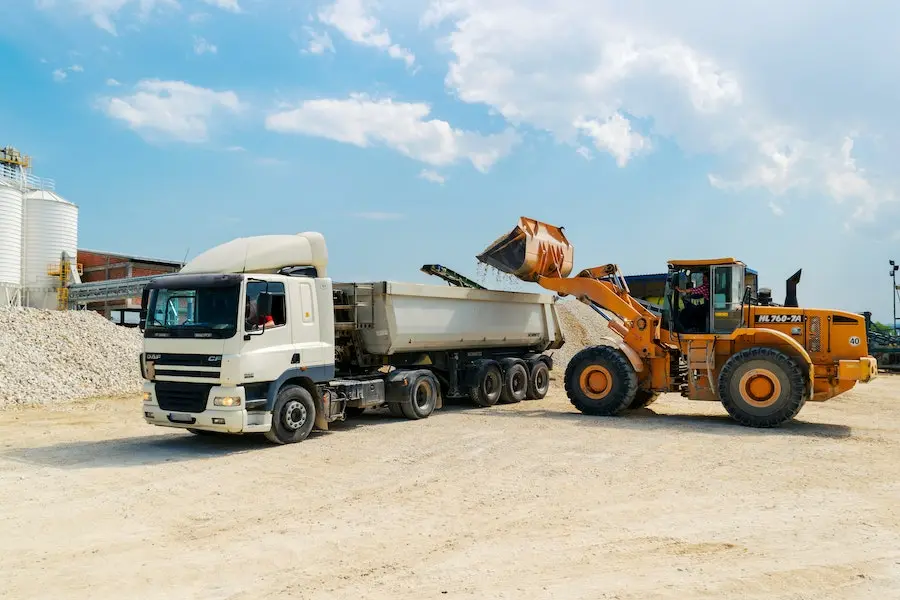
Heavy equipment repair tasks cost time, and money and affect your productivity. All this is avoided through the maintenance of heavy machinery. If you want to make the regular review process in your work tools even simpler and faster, there are a few steps you can take.
In the following article, we will give you some preventive maintenance tips for heavy equipment that will keep your machinery running for longer.
1.- Make Revisions A Routine
Just as we people need one or two visits a year to the doctor just to make sure everything is going well, in the same way, your heavy equipment needs a regular check-up. In that sense, the maintenance of excavators and other similar machines is not something that you should give them only when they begin to show malfunctions. Regular reviews of the operation and general condition of your equipment will help maintain the performance you expect from it. Most of the breakdowns and subsequent maintenance and repair work on heavy machinery could have been easily diagnosed and resolved through a routine check.
On average, about 20% of industrial accidents are related to the lack of maintenance work and 15% of these have fatal consequences. Reviews not only allow you to extend the life of your equipment but also help keep the people who operate it safely. Maybe you think your Bosch 4100 Table Saw is okay now; however, breakdowns always occur when you least expect it. Adopt a philosophy of regular check-in to find any potential problems and prevent them from becoming inconvenient and costly situations.
2.- Use The Right Accessories
How much attention do you pay when selecting the equipment for your company? Without a doubt, you analyze various factors such as the terrain, composition of materials, and natural factors such as climate, temperature, etc. Well, you should pay that same level of attention when selecting the tools for your machinery. By that, we mean that it is very important to ensure that all attachments such as buckets, plows, and other tools have been manufactured specifically for your machine.
Some people do not give much importance to that, which is a big mistake. Keep in mind that the performance of your machines could be seriously affected if you add an accessory with which it is not compatible. Even worse, the malfunction could happen in full operation, which only puts the operator in danger. So, carefully review each tool before you use it on the job site, and don’t just assume it will fit right in with your equipment.
3.- Do Not Overload Your Machines
A common problem that makes visits to the technician very constant is the overload of the equipment. Never exceed the specifications and limitations of use detailed in the instruction manual of the machinery. As with any other tool, excessive use will wear out its basic components and reduce its performance, shortening its useful life. Get the most out of your equipment but always within the range that allows regular operation. Also, most modern machines are capable of multitasking. It is essential that operators know the equipment and ensures that it is adjusted for the specific task at hand.
4.- Store Them Properly
Giving regular maintenance to your equipment is an active way to prevent damage to your work tools. However, there is an indirect and passive way to ensure optimal and safe performance: properly store machinery. All heavy equipment should be kept well covered and in an environment that protects it from weather hazards such as humidity and excessive sun. Remember that concentrated humidity implies the presence of water in the internal systems of the machine, which causes oxidation and corrosion.
5.- The Power Of Knowledge
Your machinery will only be as useful as the people who work with it. So, to meet the highest performance standards and minimize risk, everyone on the job site must be familiar with the proper use of each piece of equipment. For the simplest machines, a workshop or demonstration in the field is enough, while other more complex ones require special certifications for their operation. Make sure that the instructions in the user manual reach the corresponding people before they start working with the machines.
As you can see, prolonging the useful life of your machines and simplifying heavy equipment maintenance tasks is very easy. With a little perseverance and the right preventive measures, your tools will have the best performance.








